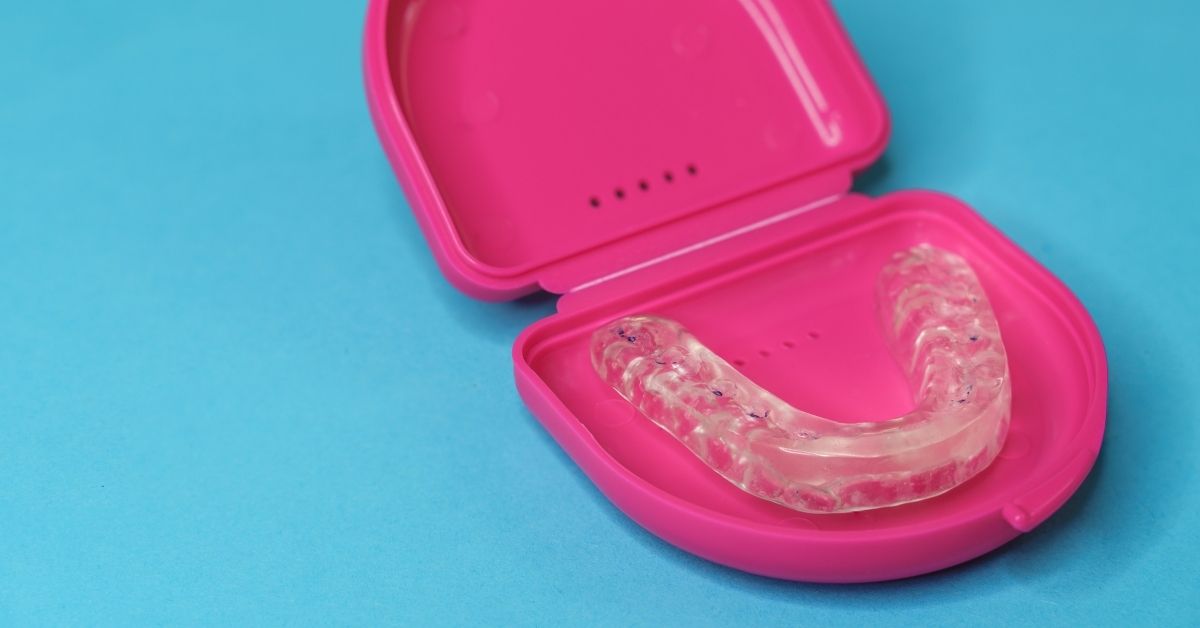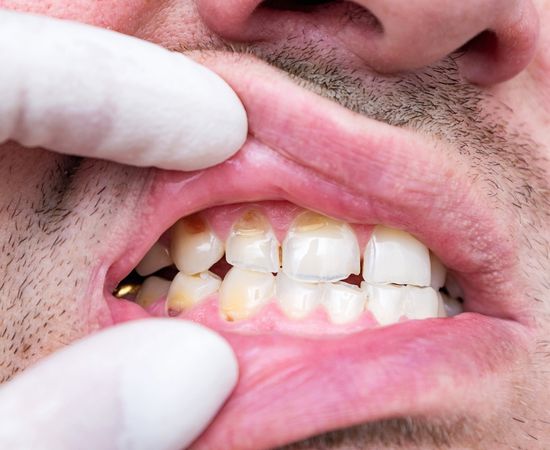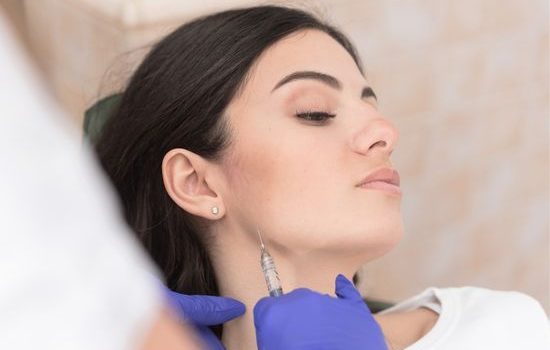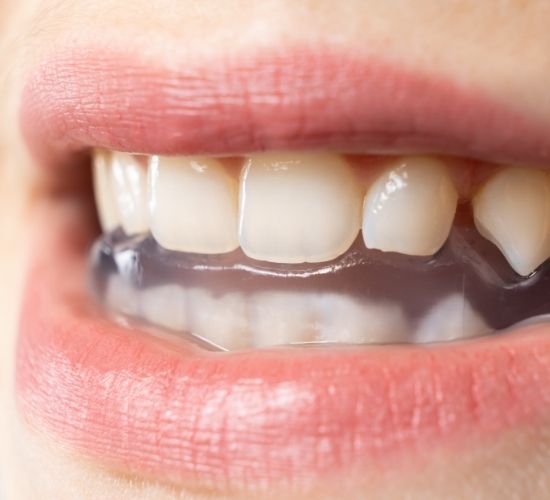Bruxism and Teeth Grinding Support in Perth
Waking up with a sore jaw or chipped teeth? You could be grinding your teeth in your sleep — a condition known as bruxism. At Gentle Dental Centre, we support you with real, effective solutions like custom night splints, mouthguards for teeth grinding, and trusted referrals for therapies like physiotherapy or Botox. No judgement. Just answers.


What Is Bruxism?
Bruxism is the involuntary habit of grinding, clenching, or gnashing your teeth — most often while you’re asleep. It can affect adults and children alike, and it’s more common than you might think.
Symptoms of Bruxism
- Chipped, cracked, or worn-down teeth
- Jaw pain or tension
- Clicking or popping in the jaw joints
- Headaches or earaches
- Sensitive teeth
- Disrupted sleep
- Cheek or tongue biting
If you’re experiencing these symptoms, it doesn’t always mean something serious is wrong — in fact, it’s often something manageable like bruxism. We’ll work with you to figure out what’s going on and how to get you feeling better. We have a lot of tools and options available, from fitting you with a custom bruxism mouthguard, to referring you for specialised physiotherapy or botox.
What Causes Bruxism?
There’s no single cause of bruxism. It can stem from:
- Stress or anxiety
- Sleep disorders like sleep apnoea
- Misaligned teeth or bite issues
- Certain medications
- Lifestyle factors like alcohol or caffeine
Many people aren’t aware they grind their teeth until symptoms appear — or their dentist spots the signs during a check-up.


Why Bruxism Needs Treatment
Ignoring bruxism can lead to:
- Damage to teeth, fillings, or crowns
- Persistent jaw pain or TMJ dysfunction
- Interrupted sleep
- Muscle fatigue in the face and neck
- Increased dental costs down the line
Protecting your teeth and jaw now with a bruxism mouthguard, mouth splint for bruxism, or other treatment plan can save you pain (and money) later on.
How We Help with Bruxism
At Gentle Dental Centre, we create treatment plans tailored to your lifestyle and symptoms. Common approaches include:
- Bruxism mouthguards (which is what we dentists call occlusal splints) and night splints to protect teeth and reduce pressure
- Bite assessments and minor adjustments
- Support with stress management or sleep hygiene
- Referrals for Botox therapy (we don’t offer this at our dental clinic, but can refer)
- Trusted referrals for jaw physiotherapy

We take the time to understand your symptoms and walk you through your options. Sometimes, it’s as simple as wearing a night splint — and we’ll show you how to use and care for it.
Bruxism and Botox
Some patients benefit from muscle-relaxing treatments like Botox to reduce the force of clenching. While we don’t provide Botox at Gentle Dental Centre, we work with trusted local providers and are happy to refer you. We can also coordinate your care so you feel supported and confident.


Caring for Your Night Splint or Bruxism Mouthguard
Keeping your night mouth guard for teeth grinding clean will help it last longer and stay comfortable:
- Rinse with cold water after each use
- Brush it gently with a soft toothbrush (no toothpaste)
- Occasionally soak it in a non-alcoholic mouthwash or mild denture cleaner
- Store it in a dry, ventilated case
- Keep it away from heat (they can warp!)
And don’t forget — bring it along to your future appointments! We’ll check that it still fits properly, especially if we’re doing dental work like a filling or crown.
What Happens If You Don’t Treat Teeth Grinding?
Without treatment, teeth grinding can lead to significant dental damage, jaw problems, migraines, and broken restorations. Over time, it can seriously affect your quality of life — but it’s also one of the most manageable dental issues when caught early.

FAQs About Bruxism
What happens if you don’t treat teeth grinding?
Over time, bruxism can lead to chipped teeth, worn-down enamel, TMJ dysfunction, and even tooth loss. It’s far easier (and cheaper) to manage with a simple solution like a bruxism mouthguard.
Why am I unconsciously grinding my teeth?
Stress, sleep disorders, or bite misalignment are common causes. You might not even know you’re doing it until symptoms appear or your dentist notices the signs.
Can teeth grinding stop on its own?
Sometimes. But most people need some form of support — whether that’s a mouth splint for bruxism, stress reduction, or jaw physiotherapy.
Can teeth grinding be silent?
Yes! Not everyone makes obvious noises. Silent grinding still puts pressure on the jaw and teeth and can cause long-term issues.
Ready to Get Help for Bruxism?
Book your consultation today and let’s talk about what’s going on. Whether you need a night splint, bruxism mouthguard, or just someone to help guide you through your options — we’re here to help.

